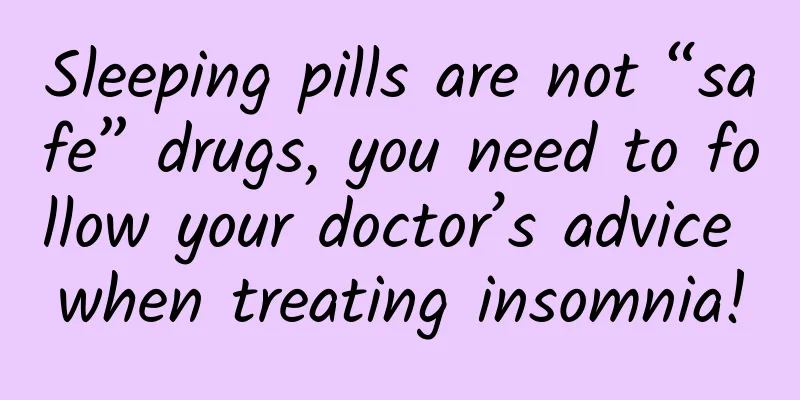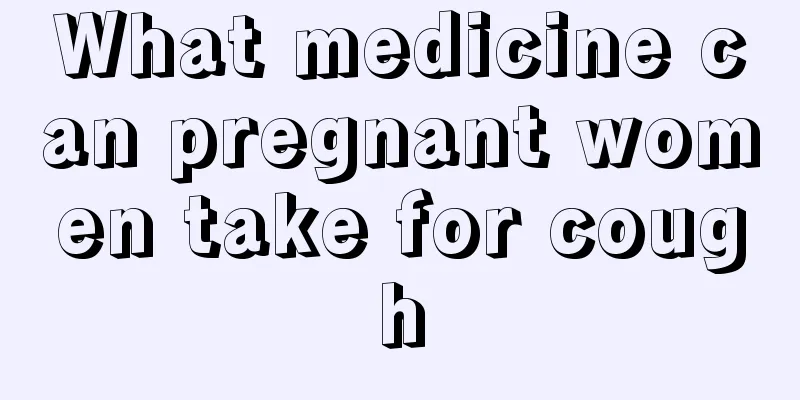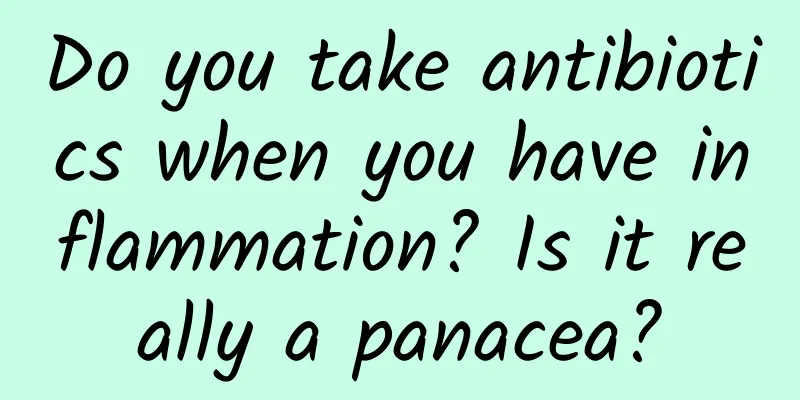How to deal with fever after chemotherapy?

|
Fever after chemotherapy is a common phenomenon in cancer patients. You don't need to be overly nervous, but it should not be underestimated. Just deal with it in time. Fever after chemotherapy is one of the common side effects. It troubles almost every cancer patient, causing pain and distress to the patient, making some patients afraid or even resisting chemotherapy, affecting the treatment effect. In fact, fever is just a superficial symptom. To solve the problem of fever, we must find out the cause of the fever and then treat it accordingly. What causes fever? Fever after chemotherapy may occur in the following situations 1. Infusion reaction. It has nothing to do with the chemotherapy drugs themselves, but is caused by the chemotherapy drug solvent liquid. It usually occurs about 40 minutes after the liquid infusion. The characteristic is high fever after chills. Immediately stop the group of liquid infusions, and the use of glucocorticoids can generally relieve it. Second, it is caused by the chemotherapy drugs themselves. It is mainly seen in bleomycin, doxorubicin, etc., and the incidence is not high. Sometimes biological agents are used at the same time during chemotherapy, and fever may also occur. Symptomatic treatment can usually reduce fever quickly. 3. Tumor lysis syndrome. Tumors that are sensitive to chemotherapy and have a large tumor load, such as some acute leukemias and malignant lymphomas. After chemotherapy, a large number of tumor cells are rapidly destroyed, releasing endogenous pyrogens, which may cause fever. 4. Neutropenia after chemotherapy is the most common cause of fever after chemotherapy. Taxanes and anthracyclines have a more obvious bone marrow suppression. When neutropenia reaches 3-4 degrees, that is, when the number of neutrophils is less than 1000, the immunity is significantly weakened, and it is very easy to get infected, and fever will almost always occur. The patient should be isolated immediately, the environment should be disinfected, antibiotics should be used preventively, and recombinant human granulocyte stimulating factor should be used according to the specifications. If necessary, fresh plasma or immunoglobulin should be used. How to deal with fever after chemotherapy? If the body temperature is less than 38.5℃, physical cooling can be given. You can use warm water to wipe the head, temples, neck, armpits, groin, etc., or you can use ice packs to cool large blood vessels, soles of feet, etc. This is the simplest, most effective and safe physical cooling method. If the body temperature is ≥ 38.5℃, antipyretics are needed. Common ones include non-steroidal anti-inflammatory drugs such as ibuprofen, oral acetaminophen, indomethacin suppository, intramuscular injection of lysine, etc. Proper diet and active prevention During chemotherapy, cancer patients need to ensure a reasonable and nutritious diet to increase the body's immunity. A high-protein diet is mainly to improve the body's immunity and provide a material basis for the recovery of white blood cells to normal. Poultry eggs, lean meat, beans and their products can be chosen. For patients who have difficulty eating, high-protein foods can be made into liquid or semi-liquid foods for easy digestion and absorption. A high-vitamin diet vitamins can promote cell growth and development, help the differentiation and proliferation of white blood cells, and promote recovery to normal. You can choose cereals, peanuts, green fresh vegetables, fruits, fruit juice, etc. to supplement vitamin B, C and folic acid, etc. It should be noted that foods rich in vitamins should not be cooked for too long to avoid the loss of vitamins. Pay attention to disinfection during food preparation. Cancer patients have weak resistance and are prone to infection during chemotherapy. Strict disinfection should be applied when preparing food, and raw, cold or unclean food should never be eaten. General protection: Pay attention to the cleanliness of the oral cavity, perineum and skin. Ventilate frequently to keep the indoor air fresh and the room temperature and humidity appropriate. Control visits from relatives and friends and pay attention to rest daily to avoid fatigue. At the same time, avoid going to public places to reduce the chance of infection. If you must go out, it is best to wear a mask. If conditions permit, get a flu vaccine as soon as possible. Fever after chemotherapy is a common phenomenon in cancer patients. There is no need to be overly nervous, but it should not be underestimated and can be treated in a timely manner. |
Recommend
Labor pains begin and the baby moves frequently
For many pregnant women, there are always many si...
Diagnosis and treatment of female urinary incontinence
According to statistics, the probability of urina...
What are the symptoms of excessive kidney fire in women?
Excessive kidney fire is a relatively common cond...
How to adjust your work and rest schedule after staying up late? What supplements are suitable for people who work overtime and stay up late?
In modern life, people do not follow a normal sch...
What are the main ingredients of crab sticks? Can you eat crab sticks to lose weight?
Crab sticks are a food made from a mixture of cra...
Is it good for your health to swallow the phlegm?
Expert of this article: Wang Qian, attending phys...
The Not-So-Beautiful “Bow Tie”—Tuberous Sclerosis
Author: Susong Children's Hospital Affiliated...
Will the posterior cervical cerclage line open easily?
For many women who want to have their own baby. P...
Clotrimazole vaginal suppository
Important reminder: There are many gynecological ...
Do you know how many days are normal in menstrual cycle?
The menstrual cycle is a problem that every woman...
What are the symptoms of menopausal women
There are often menopausal women around us. It is...
How often should you take a bath in winter? What is the best way to keep your skin moisturized?
Winter brings not only cold weather but also some...
What foods can nourish the uterus and ovaries?
Only with healthy uterus and ovaries can women su...
What causes lower back pain in 8 weeks of pregnancy?
Lower back pain at 8 weeks of pregnancy is a comm...
What are the precautions for recovery from medical abortion?
The so-called medical abortion is the use of drug...









